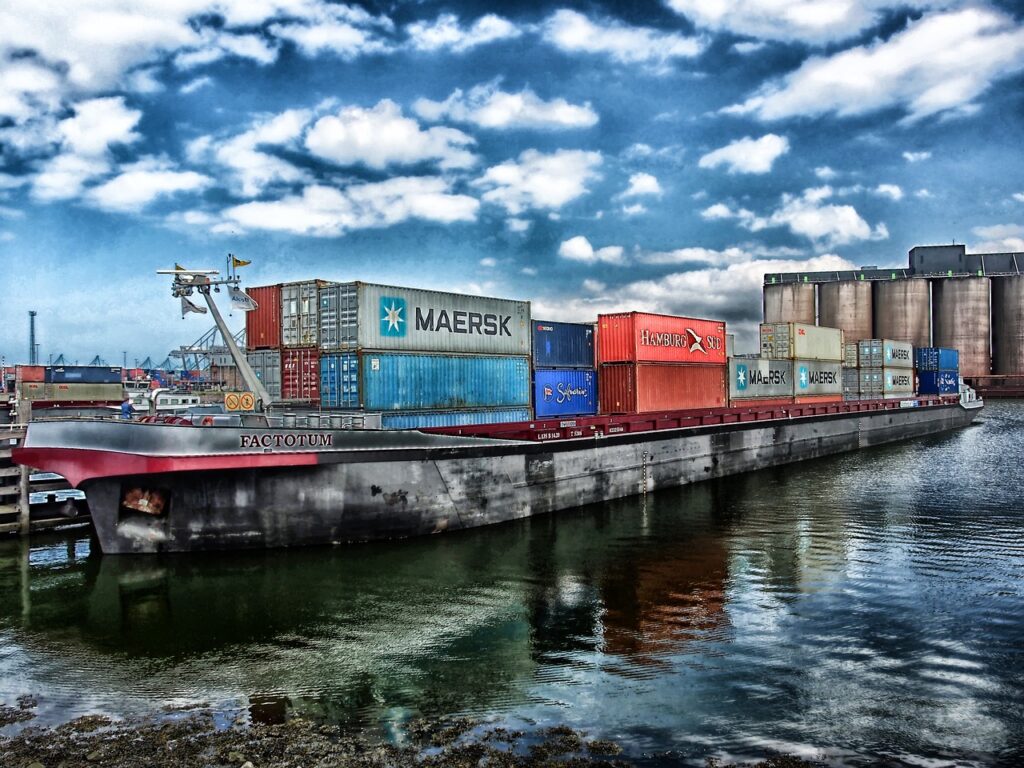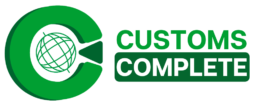Rotterdam, the Dutch gem, boasts a long and illustrious history as one of Europe’s most influential and thriving port cities. Situated at the mouth of the Rhine River, the Rotterdam Port has been the cornerstone of the city’s prosperity, contributing to its position as a global trade hub. Read on to find out more information about Customs Clearance in Rotterdam.
The history of the Rotterdam Port dates back to the 14th century when it was established as a bustling trading hub. Today, Rotterdam stands as one of the largest and most efficient ports globally, ranking among the top in container throughput and being a pivotal European gateway for global trade. Its strategic location, just a stone’s throw from the North Sea, places it at the crossroads of Europe’s busiest trade routes.
The Rotterdam Port plays a pivotal role in facilitating global commerce and serves as a linchpin for international trade. It handles a staggering amount of goods, including containers, crude oil, natural gas, and a variety of other bulk and general cargo. With extensive rail and road networks, it connects seamlessly to the European hinterland, making it an indispensable link in the supply chains of numerous industries.
One of the most striking features of the port is its sheer size and scale. It covers an area of over 12,000 acres and consists of numerous specialized terminals and facilities. Container terminals like the Maasvlakte 2 and Euromax can handle massive container ships, ensuring efficient movement of goods.

Customs Clearance in Rotterdam Port
Due to the port’s size and facilities, it handles an extremely large and diverse range of goods. This means that port authorities have had to invest massively in a number of services to ensure goods are moved through the port seamlessly.
Perhaps the most important service in the port is the customs clearance procedures. All goods that are traded through Rotterdam Port must be cleared by customs authorities.
There are certain processes goods must go through in order to be cleared by customs. The first is documentation. Every shipment that is imported and exported through Rotterdam must be accompanied by specific documentation. These documents are commercial invoices, packing lists, bill of ladings and airway bills. The documents contain information that customs authorities need to clear the goods such as country of origin, value, weight, and commodity codes. If this information is not present on the documents, customs authorities will have to investigate the goods further resulting in delays and fines.
All shipments passing through Rotterdam can be subject to inspections and checks by the port authorities. The nature of the inspections is determined by port authorities, they can be physical checks of the goods, documentary checks, and identity checks. All of these inspections are put in place in order to ensure all imported and exported goods are moving through the port legally and have all necessary paperwork.
The majority of businesses who use Rotterdam Port for trading partner with customs brokers. These agents use their expertise to help their clients navigate through the customs clearance procedures in Rotterdam Port. This results in less administrative burden, less stress, and decreases the likelihood of goods being delayed and seized in the port due to lack of compliance with customs regulations.
How Do I Contact a Customs Agent to arrange Customs Clearance In Rotterdam?
It is recommended to contact a Customs Agent as soon as you have the details for your shipment. There are many Clearance Agents who offer similar services but it is important to choose an Agent who has the experience and knowledge to clear your goods.
For more FAQ´s about Customs Clearance please click here
